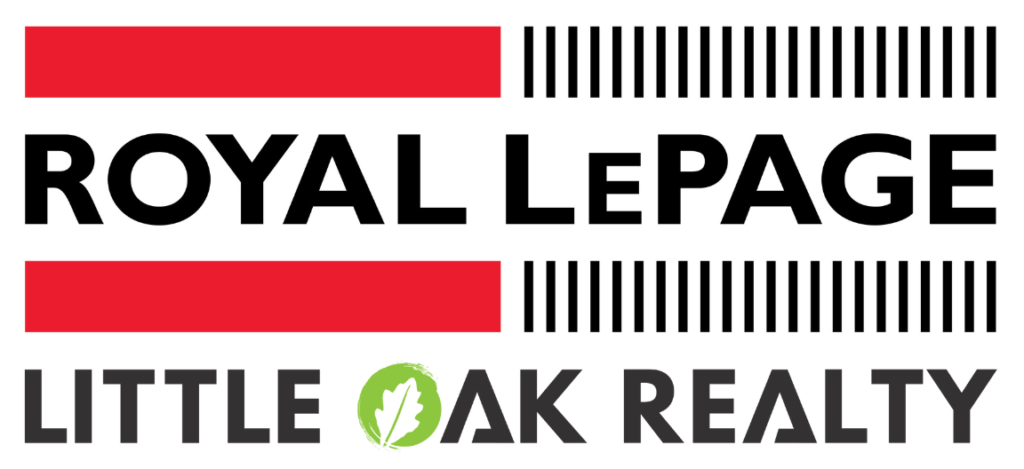Real estate investors commonly take advantage of the house flipping opportunity in Surrey because the city combines an expanding resident base with an active property market. Before starting, you need to grasp all aspects of risks, rewards, and strategic methods. Whether you have experience or are new to real estate investment, this guide will assist beginning investors, while experienced investors can benefit from using it to enhance profits.
Why Flip Houses in Surrey?
- Surrey ranks as one of the fastest-expanding cities in British Columbia, so real estate investments thrive in this location. There are four main reasons why house flipping is profitable in Surrey.
- The rapidly expanding population of Surrey generates extensive demand for transformed houses.
- Flippers find different price segments throughout Surrey where they can acquire either budget-friendly entry-level houses or upscale investment properties.
- The real estate market of this city demonstrates continuous growth, which enhances the probability of selling properties for a profit. Surrey attracts residents because its increasing economic development parallels new business and infrastructure projects.
Step-by-Step Guide to Flipping a House in Surrey
1. Research the Market
- Before making your real estate purchase, read all available information on Surrey’s current housing market. Look at:
- Examine which sections of the area demonstrate steady increases in home worth.
- Recent property sale information shows what average home flips sell at.
- Flippers should know if they want to target first-time buyers, families, or upscale homeowners.
- Surrey has several excellent locations for house flipping, but buying opportunities lie, especially in Fleetwood and Cloverdale.
- The Fleetwood area meets the needs of families who seek single-family homes while showing strong market demand.
- Cloverdale: Offers both older homes for renovation and new developments.
- Guildford: A mix of condos and townhouses with strong resale potential.
2. Find the Right Property
- Winning in flipping requires buyers to purchase at reasonable prices while earning more from their sales. Look for:
- When financial institutions sell their foreclosed properties, they offer them at a lower than market value.
- Fixer-uppers refer to properties with cosmetic problems on solid structural materials.
- Homeowners who want to sell their houses fast tend to give discounts.
- You can find these deals by:
- Local real estate agent
- Scour MLS resources and investigate public foreclosures for sale.
- Join forces with other investors who deal with wholesalers to share market knowledge.
3. Calculate Your Costs Accurately

Successful flipping requires accurate budgeting. Consider:
- Buying the new property costs money.
- Renovation Costs make up all supplies, staff expenses, and surprise fix projects.
- During home renovation the property owner must pay for the mortgage loan alongside property tax, insurance and utility bills plus property taxes on the repaired property.
- The expenses from working with a real estate agent plus advertising and transfer procedures.
- Use the 70% Rule as a trustworthy approach.
- Planning your investment to end at 70% between ARV and renovation worth.
- When a home holds an ARV of $800,000 but demands $100,000 in restorations the purchase limit should be calculated at 70% of $800,000 minus $100,000.
- Max Purchase Price = (70% of $800,000) – $100,000 = $460,000
4. Renovate Smartly
Home renovations should increase property value without improving beyond what buyers need. Focus on:
- Your money provides the greatest profits when invested in kitchen and bathroom improvements.
- Painting the house and updating its exterior gives buyers their first positive look.
- Energy Efficiency: Buyers love homes with updated insulation, windows, and smart thermostats.
- Taking down non-supporting walls helps the space look more spacious and welcoming.
5. Sell for Maximum Profit
After completing kitchen and bathroom renovations, the home needs to go on the market for sale. To get the best price:

- Price it to match what other proprietors earned for their properties in this part of town.
- Prepare the house to make it appear ready for new occupants.
- Promote your renovated home through excellent images plus internet and social media platforms.
- For property advice, choose a real estate agent who understands Surrey sales trends.
Common Mistakes to Avoid
- Anticipate expenses because repairs may happen without notice.
- The market settles slowly due to a prime deal’s wrong location.
- Expensive upgrades won’t generate good returns when placed in market segments lower than luxurious homes.
- Doing unauthorized renovations will create legal risks for owners.
- Keeping a property for too long increases your finance expenses, which reduces your net gains.
Conclusion
Investing in house flips creates healthy returns in Surrey when you handle the process well. You can increase your profit potential by doing market research, selecting profitable properties, creating reasonable financial plans, and doing smart renovation work. You should recognize all potential risks during house flipping and steer clear of known problems. The real estate investment strategy of flipping brings financial growth when done well in Surrey’s growing property market.
FAQs
1. How much money do I need to start flipping houses in Surrey?
Focus on your cash investment and the cost of buying and upgrading while finding good funding options. Your best entrance into real estate flipping starts at the point where you hold 20% to 30% of the property price plus the means to secure financing.
2. How long does it take to flip a house?
A flip project normally takes 3 to 6 months depending on how many improvements need change and the sale pace.
3. Do I need a real estate license to flip houses?
You do not need to get licensed to renovate houses though teaming up with a realtor will make finding the right property take you to market faster.
4. Is flipping houses risky?
The real estate market changes over time while unexpected costs may decrease financial returns. Researching the markets thoroughly and managing risks effectively require a smart budget to reach good results.




Pingback: Surrey Real Estate Market Update 2025: Prices, Trends & Expert Insights